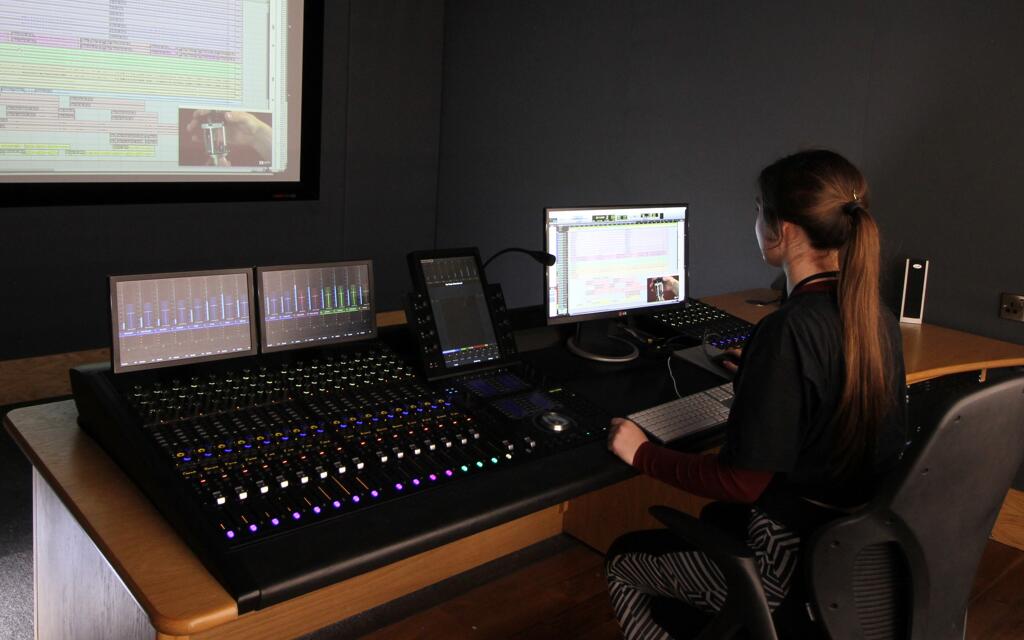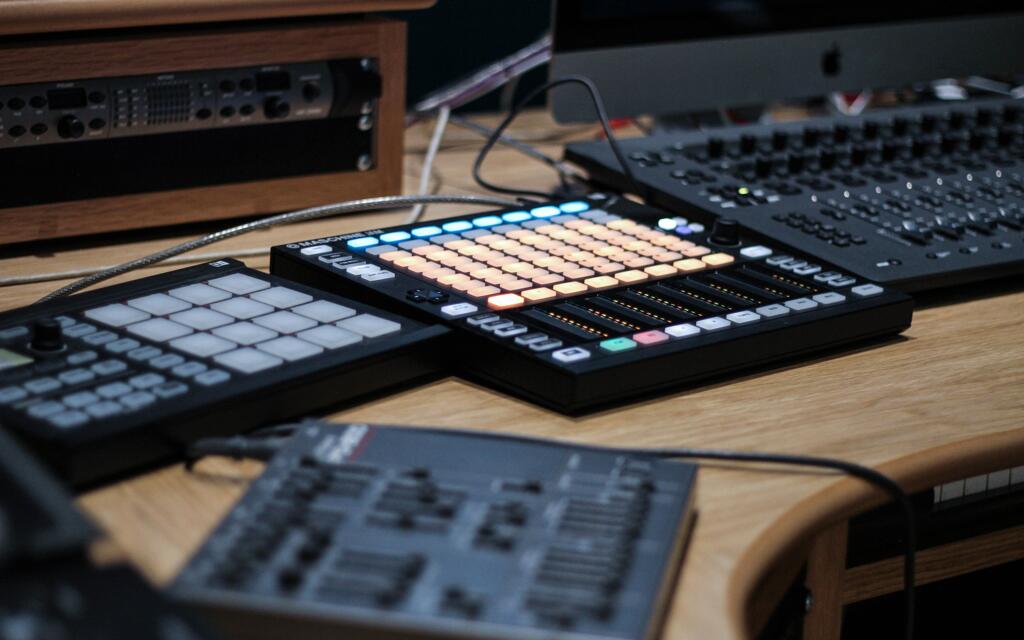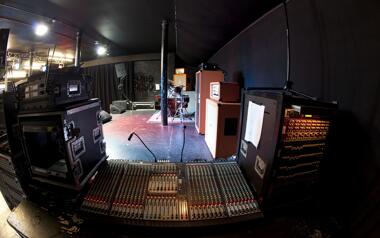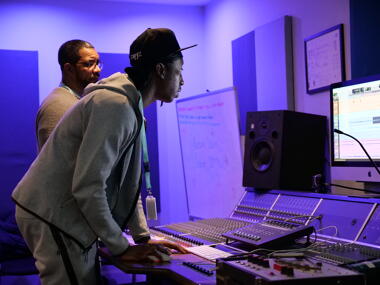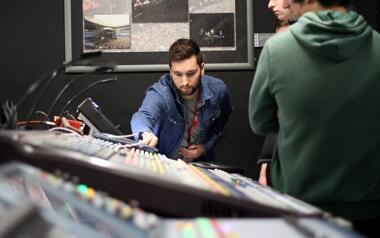Sound Engineering Degree Overview
Our industry-focused BSc (Hons) Sound Engineering degree provides you with the technical skills, creative vision, and entrepreneurial spirit to not just work with sound, but to master it.
Through studying the official Pro Tools Fundamentals I (PT101) and Pro Tools Fundamentals II (PT110) courses embedded in this degree, you’ll have the opportunity to undertake the Avid Certified | Pro Tools Specialist certification exam. Becoming an Avid Certified Specialist for Pro Tools is an industry recognised certification that verifies you have a fundamental understanding and capability of using Pro Tools to engineer a project through to completion.
Through our academic partnership with Dolby, you can embed cutting edge techniques to shape immersive audio environments in both music and media, gaining an industry-recognised Dolby Atmos Essentials certificate upon successfully completing their curriculum too.
Whether your ambition lies in the collaborative environment of a recording studio, the fast-paced world of post-production, or the critical ear of mastering, our BSc (Hons) Sound Engineering degree provides the industry-driven instruction and real-world project experience to help you achieve your sonic potential.
This isn’t just a degree; it’s your toolkit for a rewarding future in sound engineering.
Key info
-
Qualification:
BSc (Hons) Sound Engineering
-
Duration:
3 years full-time
-
Start date:
14 September 2026
-
Fees:
£9,535 per year
-
Entry Requirements:
A minimum of 64 UCAS points at A2 or equivalent.
Find out more
UCAS info for this course
-
University/college name:
University of Lancashire (Institute code: C30)
-
Course:
Sound Engineering (Course code: SE20)
-
Location:
Spirit Studios (Campus code: Z)
View course on ucas.com
More info for applicants
Awarded by

Have any questions or would like to tour our studios? Get in touch
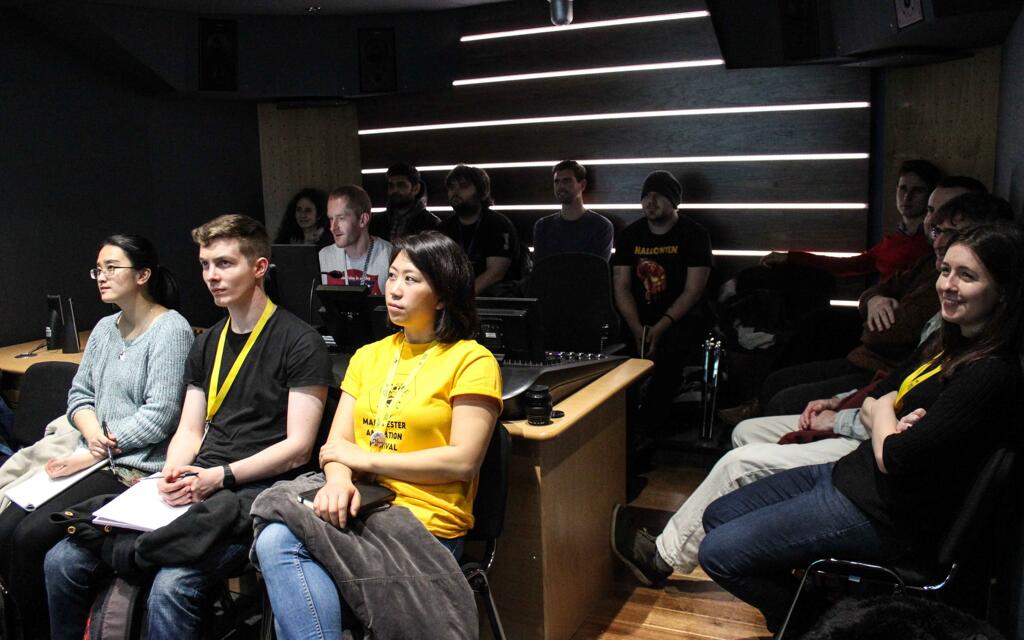 10
Jan
10
Jan
